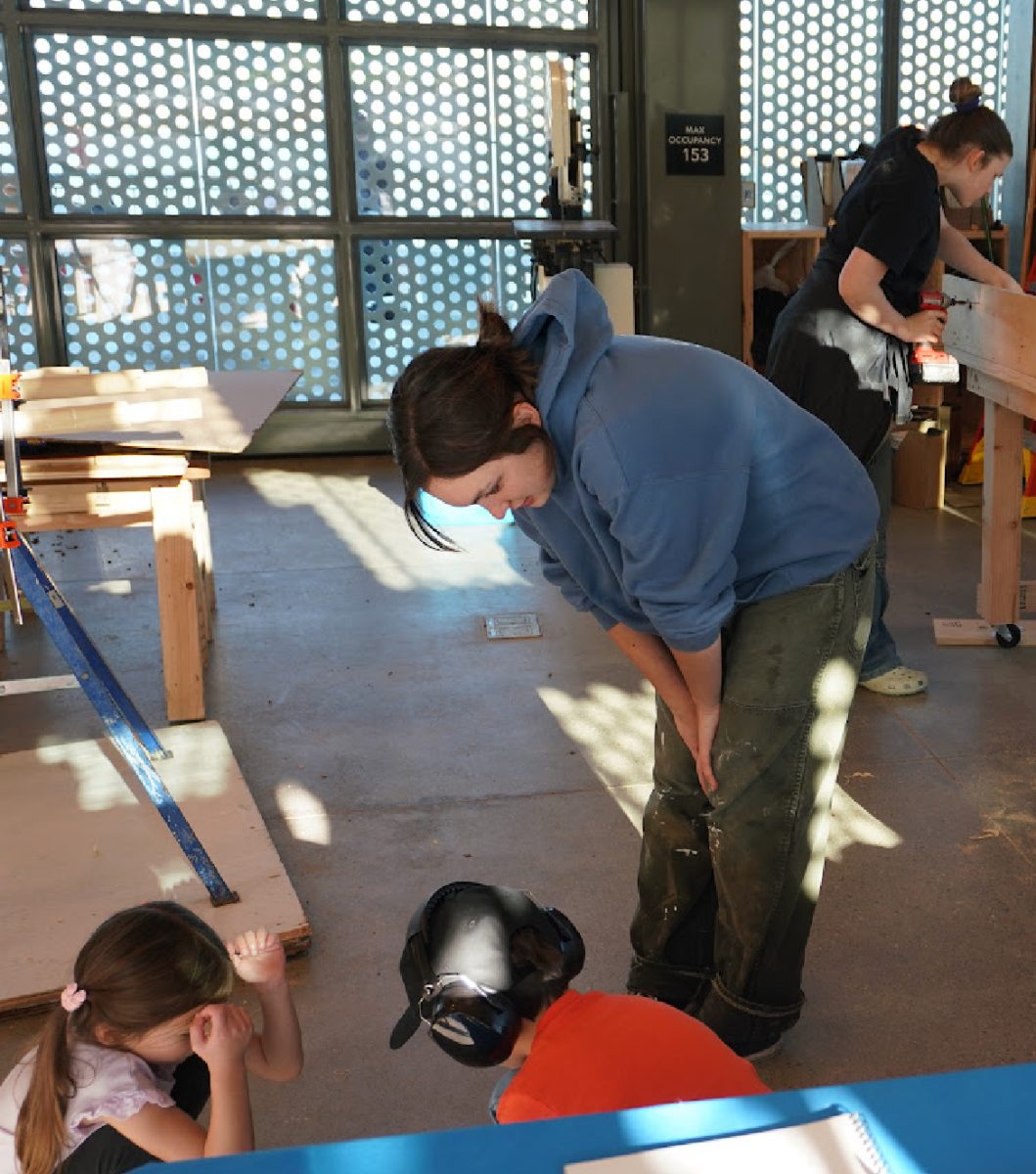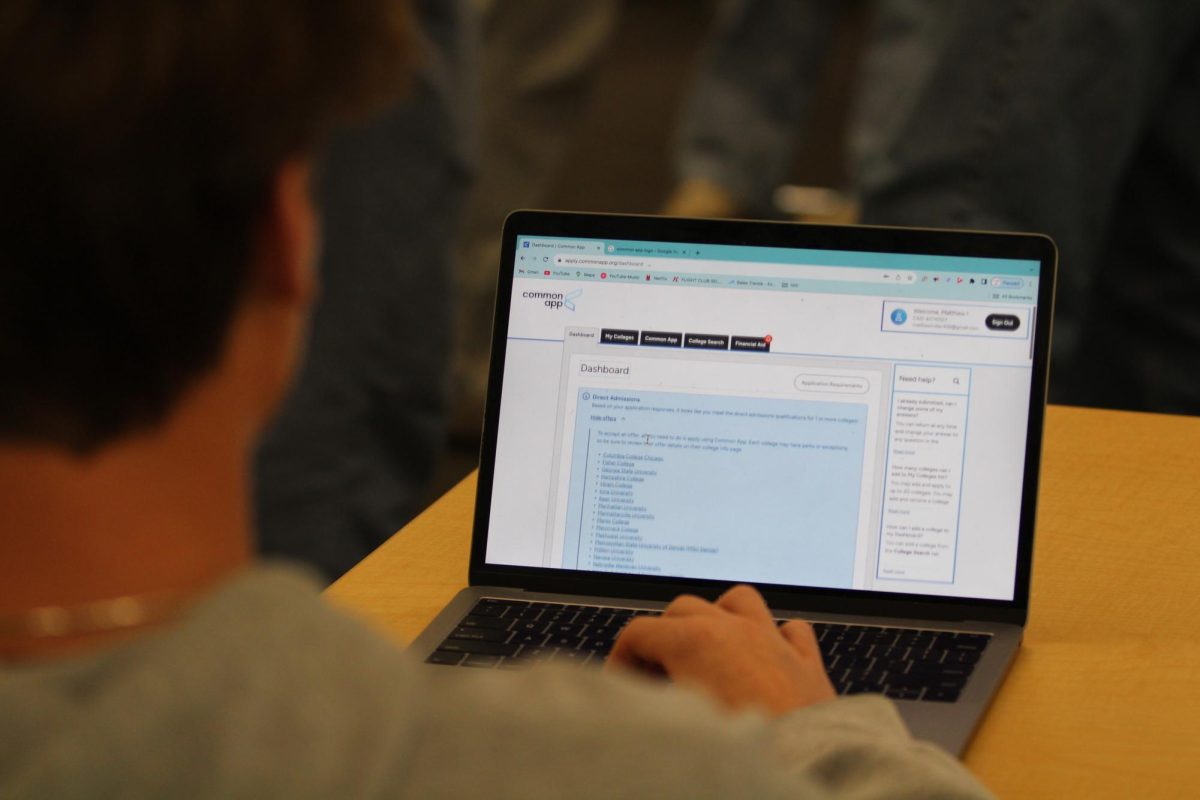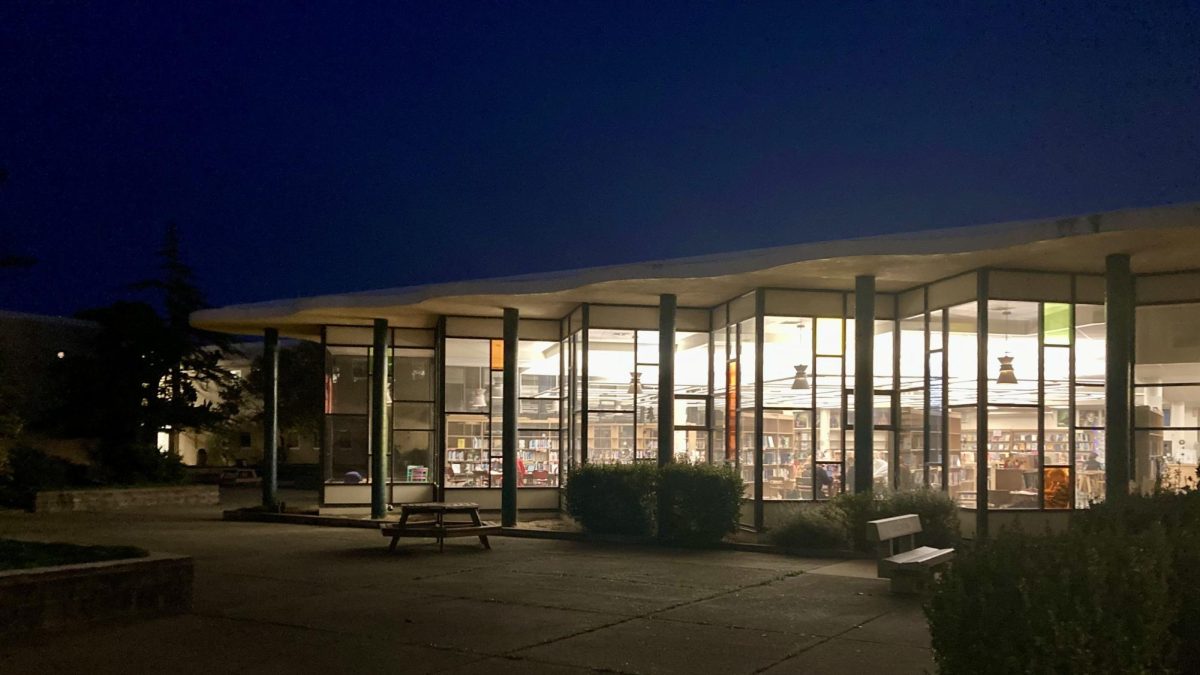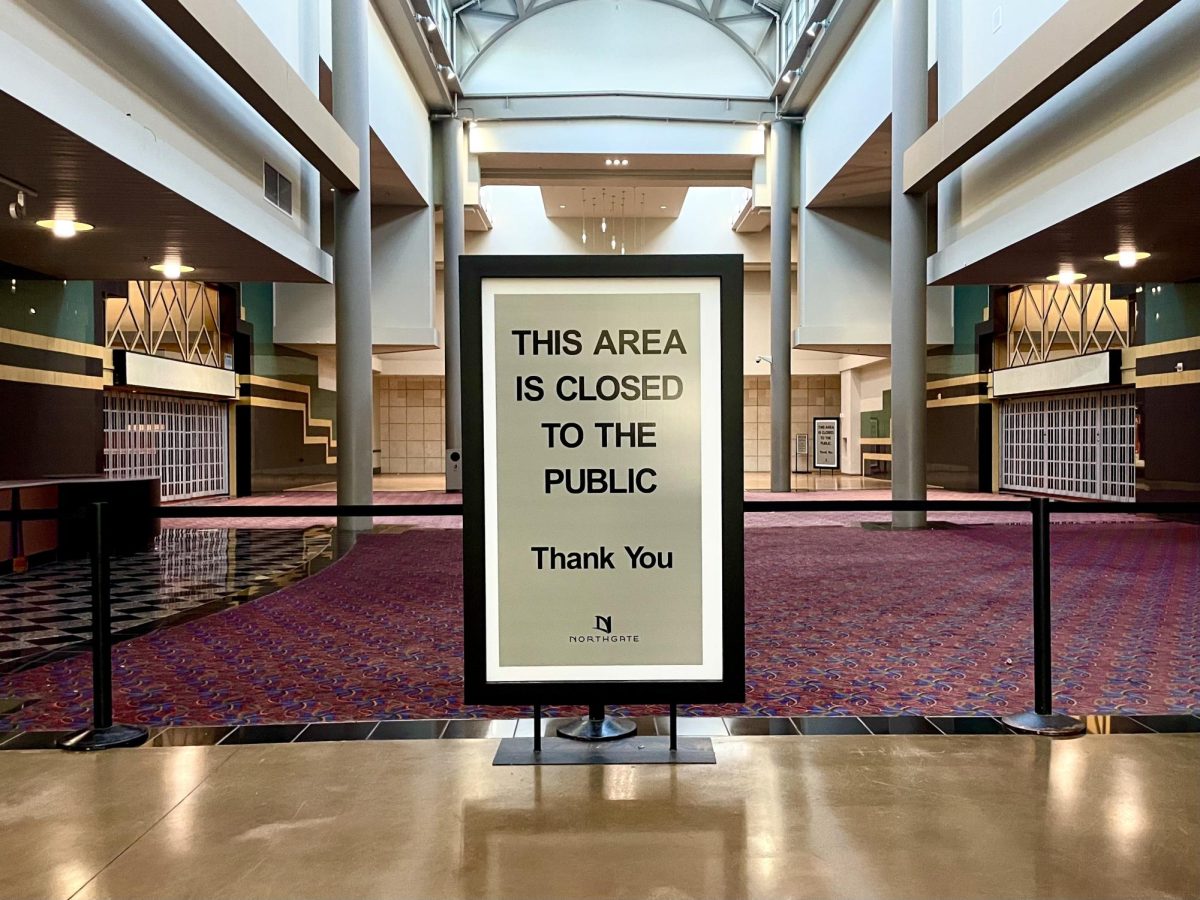On Sept. 26, the San Rafael Board of Education unanimously denied the application for the Ipso charter school, proposed by former Redwood assistant principal Katy Foster and Drake science teacher Erin Ashley, to become part of the San Rafael School District.
The 5-0 decision to reject the charter came after Superintendent Michael Watenpaugh and other representatives from the district released a report strongly recommending its denial and nearly two hours of public comment in which the majority of speakers strongly opposed the opening of a charter school in the district.
Watenpaugh cited Ipso’s failure to provide a “reasonably comprehensive description” of seven elements of the required 15 in a charter school petition as the main reason the staff recommended the rejection.
Specifically, Watenpaugh expressed concern that Ipso’s proposed student-teacher ratio of 33:1 would actually be higher than the San Rafael School District’s current ratio of 29:1. Additional issues were that Ipso’s proposed budget relies on the renewal of outside funding that has not been promised past the first year, and that foreign language will be taught through online courses instead of by a certified teacher.
This was coupled with the fact that the idea and campaign for the school was created and driven by residents from outside the community.

“This is not a local community-driven initiative. The Ipso charter proposal does not originate with the students, families or staff of San Rafael City schools,” Watenpaugh said. “Neither [founder] has taught in our schools. We know our families and we know our community.”
Ipso attorney Janelle Ruley, who specializes in charter school law, said that the submitted petition met all state legal requirements for charter schools.
“I’m afraid the district reviewed the petition through district lens and not necessarily a charter lens,” she said.
Foster emphasized that Ipso isn’t targeted at all San Rafael students, but would be a beneficial option for some.
“We know that San Rafael does great things, and we believe that a small, more personalized school is a great option for some kids,” Foster said.
During the board meeting, San Rafael Board of Education president Rachel Kertz provided a scathing review of the proposal and efforts made by Foster and Ashley.
“Very early on, it became clear that [Foster and Ashley’s] focus wasn’t on the students, but on their self-interest,” Kertz said. “I find it ironic that [their] pictures were on the front of the IJ instead of the students, the heart of what we are all about. It seems to me to be indicative of [their] priorities, not representative of our community or what we are working to achieve.”
Several San Rafael District teachers spoke against Ipso at the meeting, emphasizing that the district already provides specialized learning through AP classes, the AVID program, which focuses on closing the achievement gap, newcomer language classes and various academies that focus on specific subjects, like engineering.

Ashley pointed to the Sequoia Union High School District in the South Bay as an ideal model, as they are a basic aid district that has successfully run a mix of charter and traditional high schools.
In regards to a main concern that Ipso will divert significant funds away from the other high schools in the district, Ashley said that they will still receive some funding from students that attend Ipso.
“We understand that there is fear of the unknown, specifically regarding the financial impact,” Ashley said. “Students at Ipso schools will be funded at a lower rate than students at San Rafael, so the difference in that funding goes back to other San Rafael schools.”
Board member Linda Jackson also strongly opposed the charter petition, despite initial curiosity.
“When I first opened up the charter proposal, I have to say I was excited because I thought I would be reading something new,” Jackson said. “Within the first two pages I was struck by the number of grammatical and factual errors in the document. Then I was struck by the first of many inconsistencies.”
These inconsistencies included two differing descriptions within the proposal of how the school’s board members would be selected and several different versions of the school’s four core curriculum principles, according to Jackson.
Jackson went on to describe that she rejected the proposal because of its failure to expand learning style choice for students and the lack of a clear plan for implementation of the school.
Watenpaugh also expressed concern at the methods used by Ipso to build support in the community, as several parents said they inadvertently signed a document that supported the charter’s petition that they had been told was a meeting sign-in sheet. Additionally, community members alleged that Ipso and its supporters approached them inappropriately during church meetings and doctor’s office visits.
In a written statement released after the decision, Ashley and Foster expressed their disappointment at the decision.

“We are disappointed in the vote, as we believe that it is in everyone’s best interest for us to be approved locally,” the statement said.
Despite the rejection and lack of community support, Ashley and Foster have filed an appeal to the Marin County Office of Education, which could still grant the charter. The petition will be reviewed later this month.
Kertz has pledged to continue fighting the Ipso petition at the county level.
“If there is a decision by the petitioners to present this to the county, I will continue to work night and day to represent the majority of our community who support San Rafael City schools and who do not support Ipso,” Kertz said.





